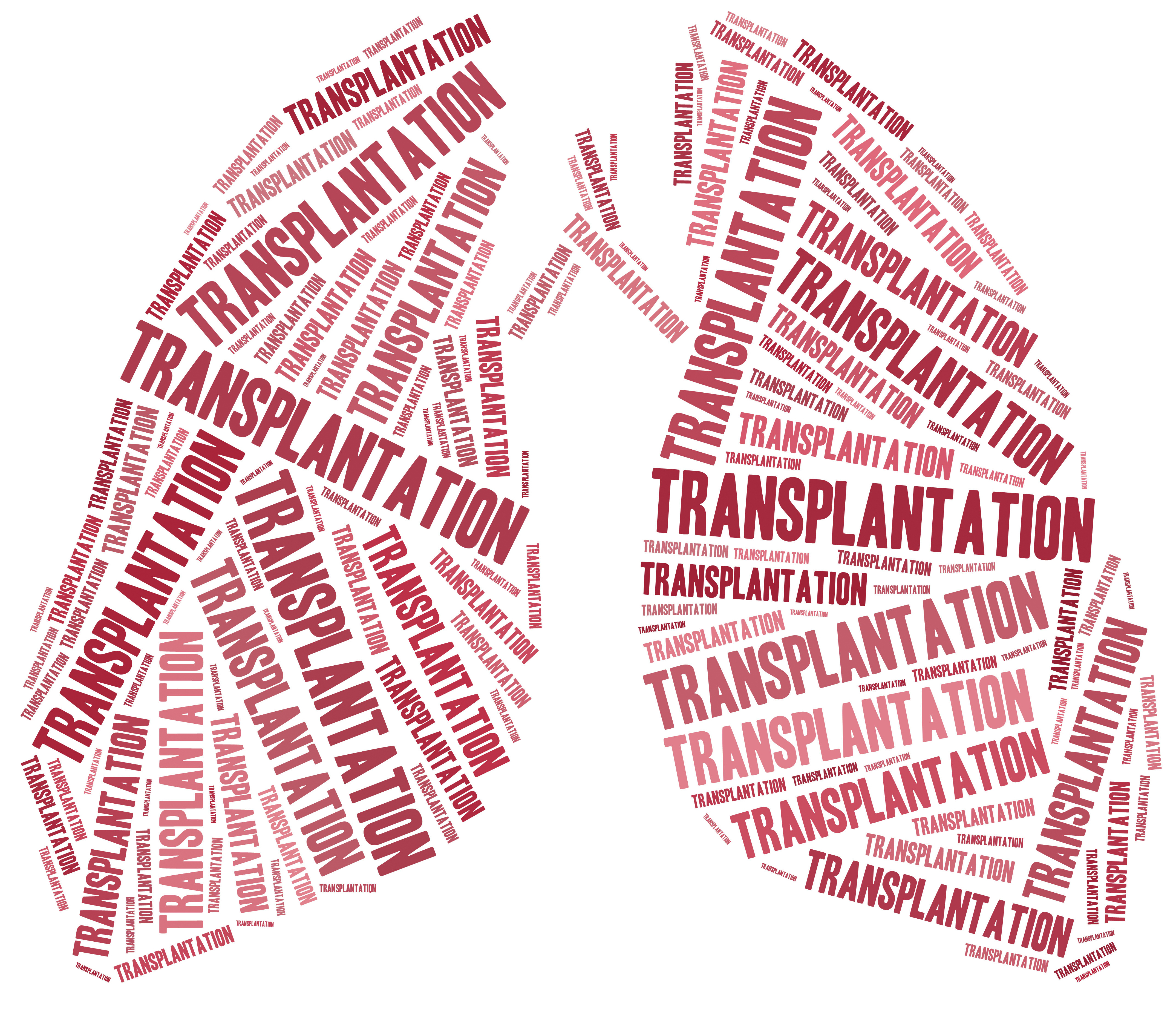#NACFC2016 – Lung Transplant Appropriate for Patients with Severe Cystic Fibrosis
Written by |

Patients with very advanced cystic fibrosis (CF) lung disease who get a lung transplant have the same chances of survival as CF patients with more stable disease, according to a recent study. The findings suggest that lung transplants are not only appropriate for the sickest patients, but the approach is a sensible resource for CF patients across the board.
The study, “Successful Outcomes in Lung Transplant Recipients with Cystic Fibrosis at High Risk of Death,” was presented at the 30th Annual North American Cystic Fibrosis Conference (NACFC), Oct. 27-29 in Orlando, Florida.
Although a lung transplant is often the last resort for a CF patient, scientists had raised concerns that a transplant may not benefit the very sickest patients because those with very advanced lung disease may be too sick to survive the transplant.
To investigate the legitimacy of that concern, researchers at Duke University Medical Center, led by Alice Gray, MD, examined medical records using the lung allocation score to measure severity of disease. The lung allocation score is used by the United Network for Organ Sharing (UNOS) to assign relative priority for distributing donated lungs for transplant within the United States. To calculate the score, the estimated risk of dying while waiting for a transplant is weighed against the estimated odds of surviving the first year after transplant.
The study included patients who received transplants from May 5, 2005 through December 17, 2014, and provided researchers with at least 14 months of follow-up. Of the 85 patients (median age 25) who had a lung transplant at Duke during that time, 98% were white and 65% were women. The median lung allocation score was 39.62. The majority of allocation scores ranged from 36.62 to 47.53.
The research team found no association between the lung allocation score and worse survival. People with a high score had a one-year survival of 83% and a five-year survival of 65%. For people in the low-score group, the survival chances were 91% and 65% for one and five years, respectively.
“Our results demonstrate that the very advanced end-stage CF patients who are highly likely to die without transplant have comparable overall survival rates to more stable end-stage CF patients. In fact, the 65% five-year survival rate was identical in both groups and better than the median survival for all lung transplant recipients for non-CF diseases in the UNOS Registry,” the team wrote.
“This suggests lung transplant is not only appropriate, but a judicious use of resources in carefully selected individuals with advanced lung failure due to cystic fibrosis at a high-volume, experienced lung transplant center,” the team concluded in the report.






